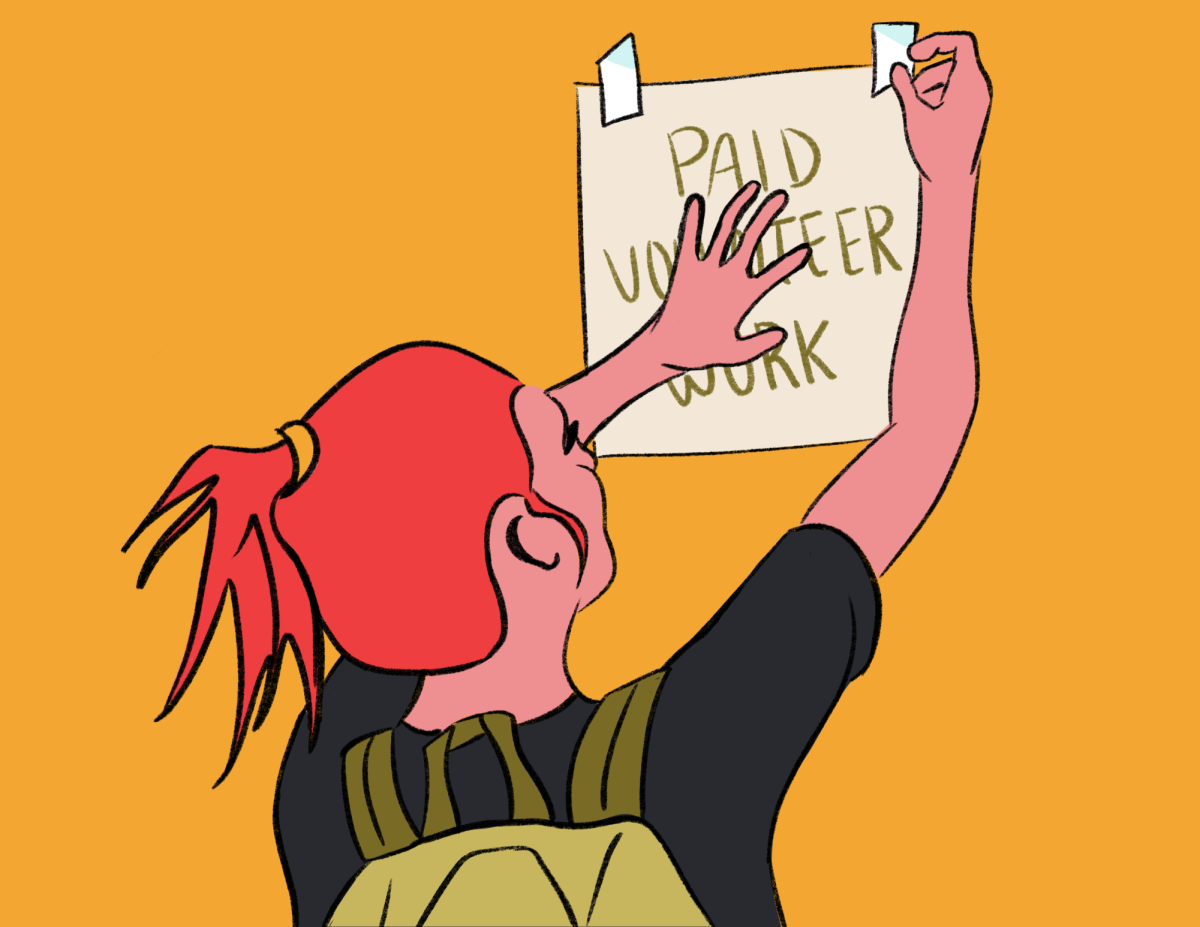A team of faculty and students from the S.J. Quinney College of Law is working on legislation to establish the rule of law in Iraq and bolster the independence and performance of the Iraqi judicial system.
The U.S. Department of State awarded the law school a $2.5 million grant during the summer, which the U is now using to set a framework for the judiciary and give direct political assistance to build and develop the Iraqi court system. Once the system is formed, the U will set up judicial training, initiate anti-corruption efforts and develop regulations and guidelines to protect the integrity of the courts.
“Right now we’re trying to figure out what (the Iraqis) need,” said Wayne McCormack, a law professor working on the project. “Their government is just in the process of formation and their federal system is very different than ours.”
McCormack said the U wants to be able to advise Iraqi leaders based on research conducted by faculty and students. Some of this research will include information on how other countries in similar situations have revamped their justice systems.
The U law team is working on the project from the law school and a global justice think tank on location in Baghdad, where visiting U faculty and Iraqi experts will communicate with each other through teleconferencing and other technologies.
“We hope to establish a local Iraqi global justice think tank capable of doing work from Iraq so that the Iraqi government is not as reliant on help from abroad,” said Hiram Chodosh, dean of the law school.
Chodosh advises a core of students who are also providing research assistance for the project through a yearlong think tank program at the U. McCormack and Chibli Mallat, a law professor and specialist in Middle Eastern legal systems, also work with the student group.
About 20 students in the think tank are helping gather background information on the political and judicial systems in Iraq, as well as researching the role of Islam in the comparative constitutional law systems of other countries.
Artemis Vamianakis, a third-year law student, is the student director of the think tank, which also researches critical issues affecting the international community such as terrorism, war crimes and corruption in Asia.
Participating in the think tank is a way for law students to take a break from casebooks and finals and work on a project that will have a global impact, Vamianakis said. Chodosh said it will open doors for students in the future.
“The students have the opportunity for extraordinary leadership experiences doing research in an applied way on very critical problems,” Chodosh said. “We hope this will help them develop the confidence to do such work after they graduate law school.”
Vamianakis said it has been a unique experience to work with faculty toward a solution to fix the Iraqi judicial system.
“Getting an independent judiciary is critical for (the Iraqis) in moving forward and becoming an independent nation that is free from corruption so that they can prosecute in a fair way,” she said.














